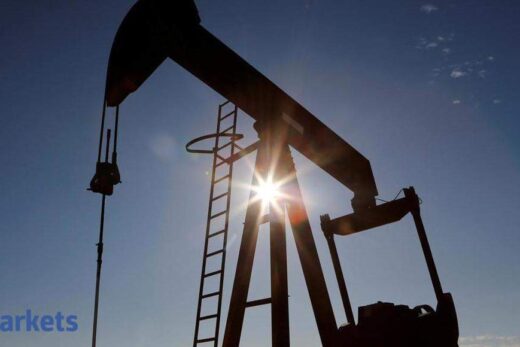The survey of 48 participants forecast Brent would average $63.12 per barrel in 2021, up from last month’s consensus of $59.07 and the average price so far this year of $59.36.
The benchmark was trading close to $64 on Wednesday.
“With vaccinations expected to gain pace and OPEC+ likely to keep to a cautious approach — reducing production cuts when demand recovers — we expect oil inventories to normalise by mid-year, which should support prices,” said UBS analyst Giovanni Staunovo.
Oil demand was seen growing by 5 million-7 million barrels per day (bpd) this year, despite renewed COVID-19 lockdowns in Europe.
Edward Moya, senior market analyst at OANDA, said the US economy was recovering fast, driving global demand for oil higher despite a faltering outlook in Europe.
Central to the price recovery thesis are expectations that the Organization of the Petroleum Exporting Countries and allies, a group known as OPEC+, will extend output cuts that now run into April and only modestly raise output after that.
Marshall Steeves, energy markets analyst at IEG Vantage, said $60 could prove pivotal, as above that level US shale oil becomes more economical, prompting more production and putting US crude back in competition with OPEC+ for market share.
Saudi Arabia could start raising output at prices above $70, but by that point US output was already likely to be rising, as listed shale firms seek to boost financial returns, he said.
Plans by Indian state refiners to reduce their reliance on Saudi crude poses a further test for the kingdom, which has made voluntary production cuts in addition to its OPEC+ reductions.
Sources said the refiners planned to cut Saudi oil imports by about a quarter in May.
In addition, Intesa Sanpaolo analyst Daniela Corsini said: “High prices could stimulate output growth, and incentivise cheating from OPEC+” on agreed quotas.
Also, Washington could proceed with talks with Iran for a new nuclear deal. “Therefore, it’s possible that Iranian exports will increase toward end-2021,” she said.



